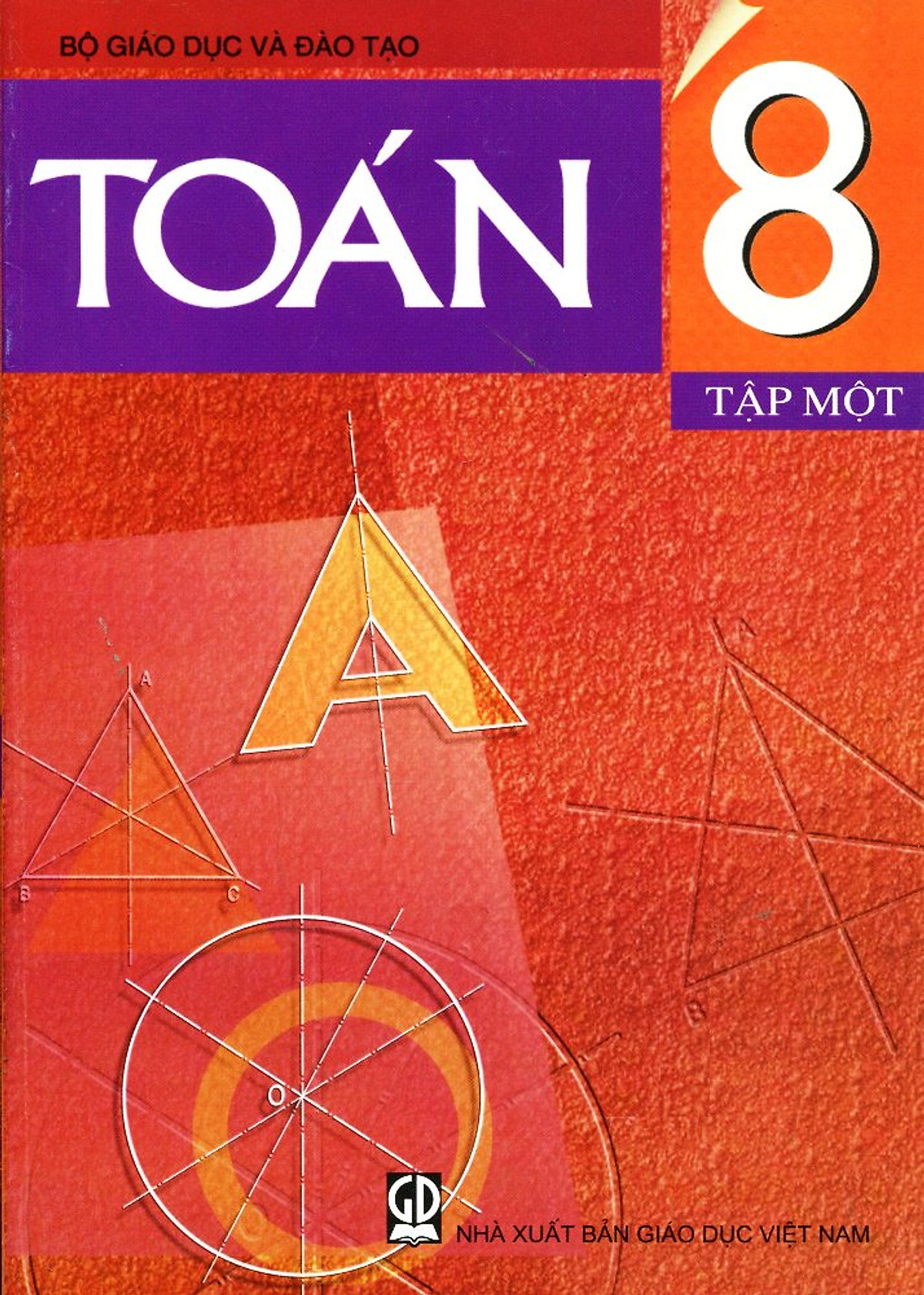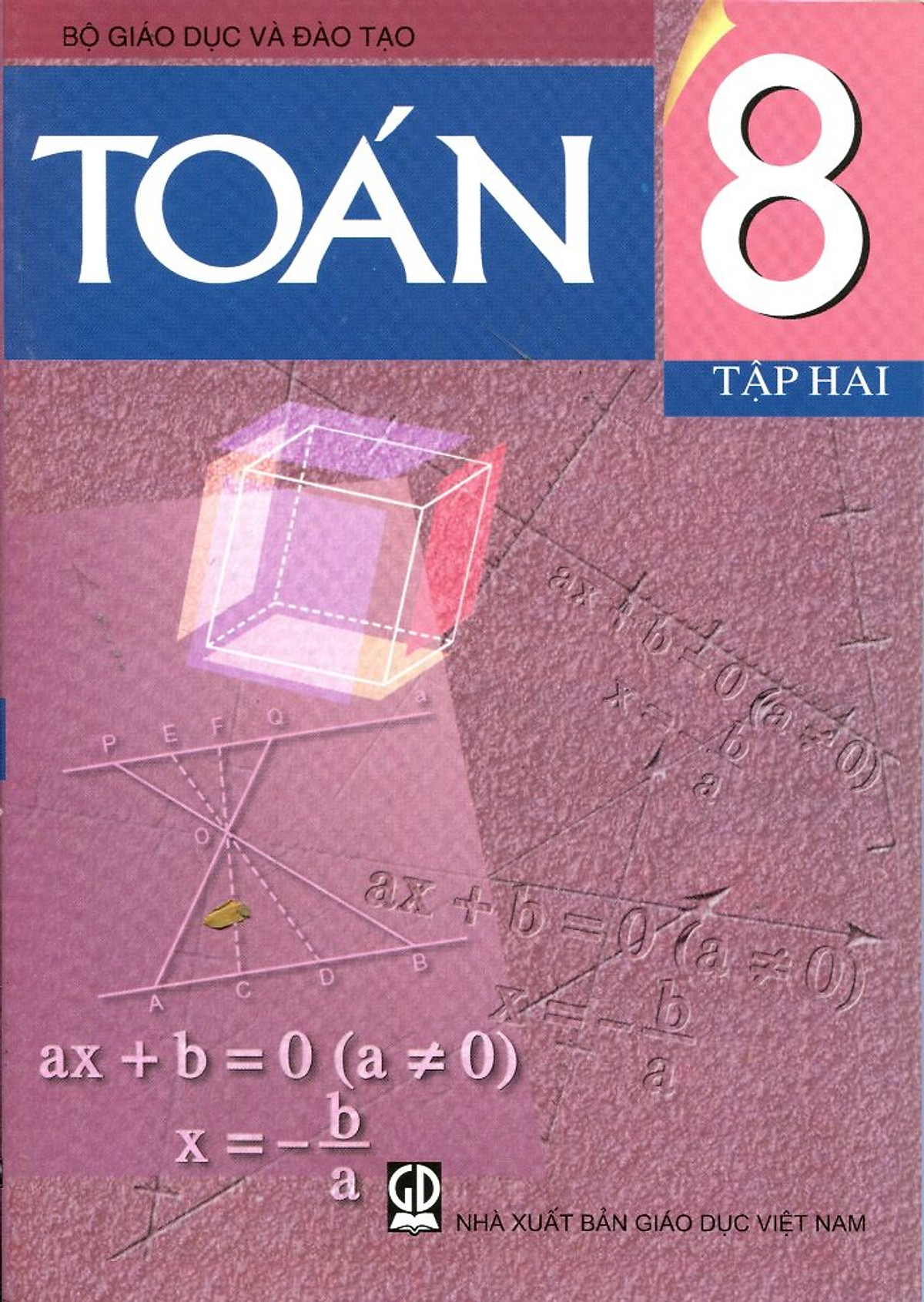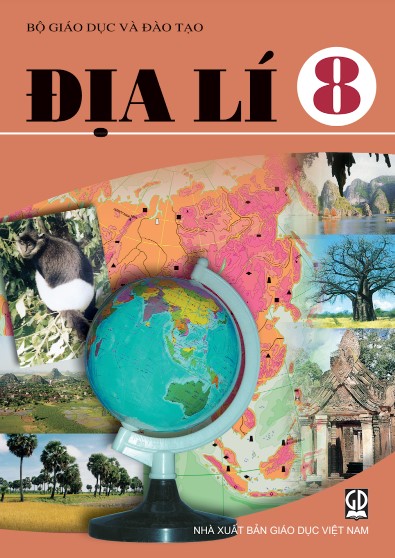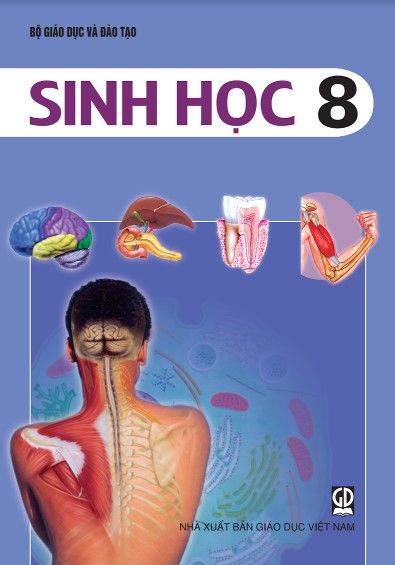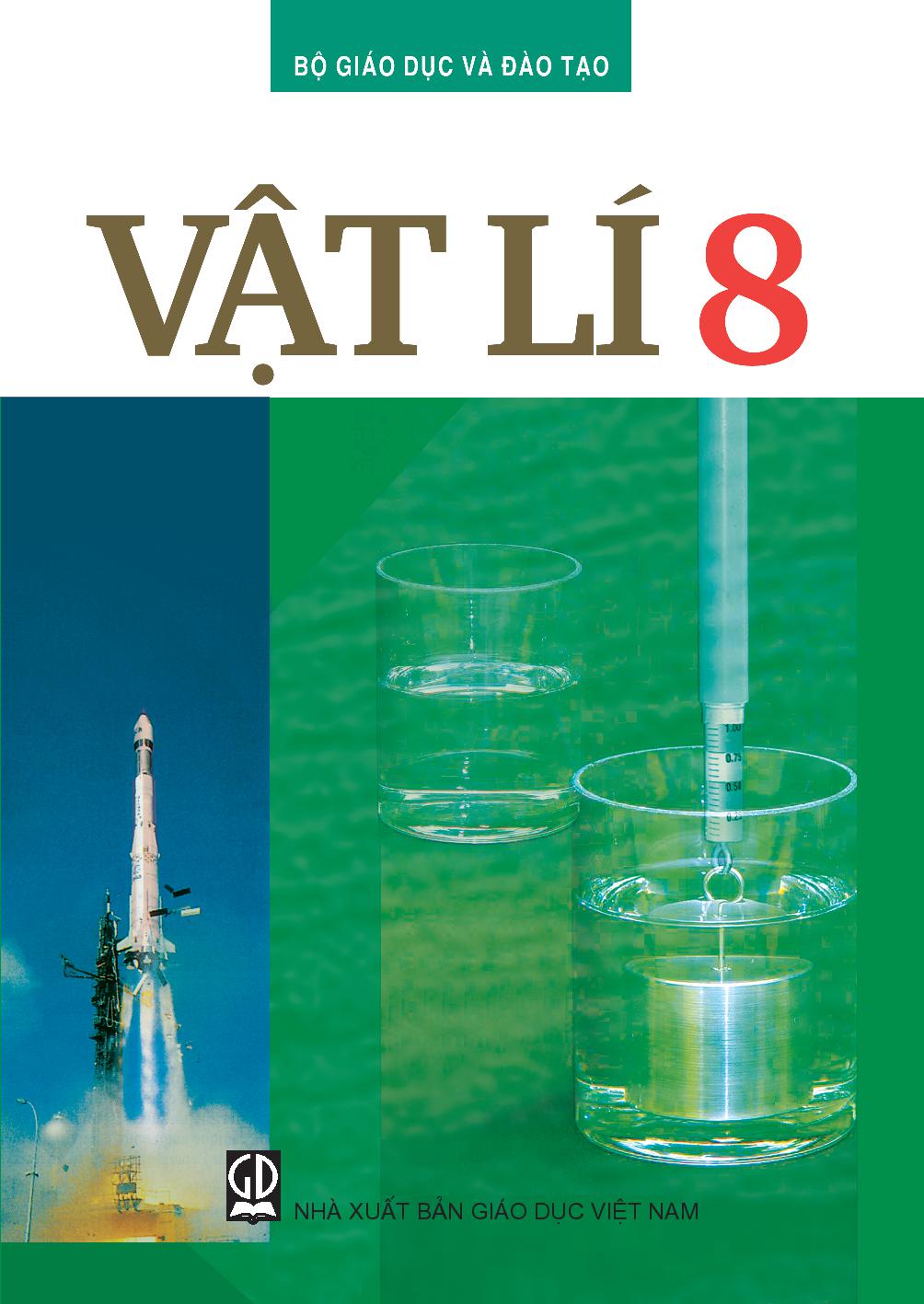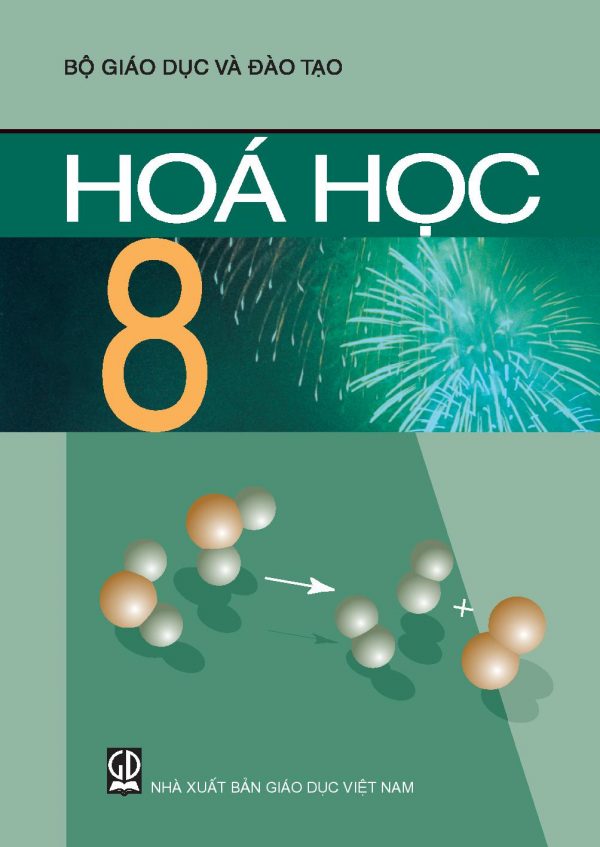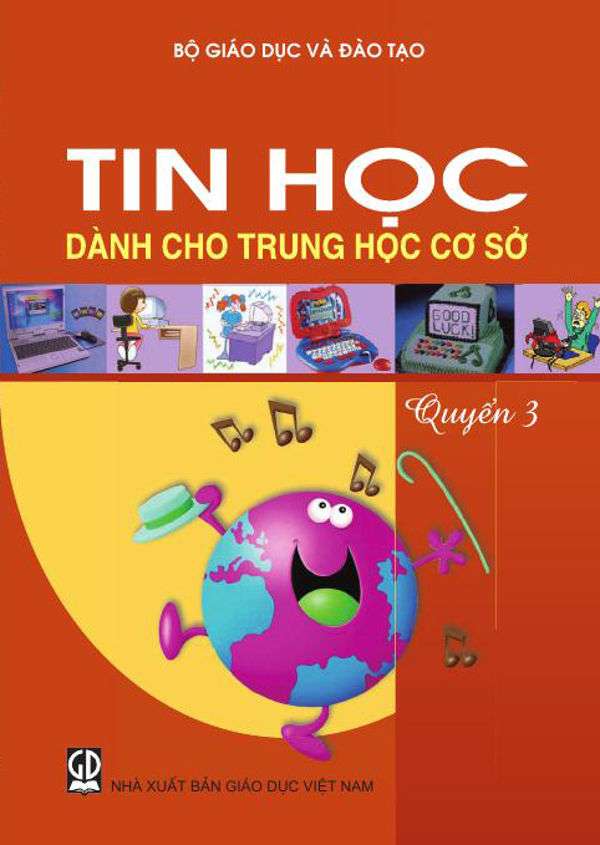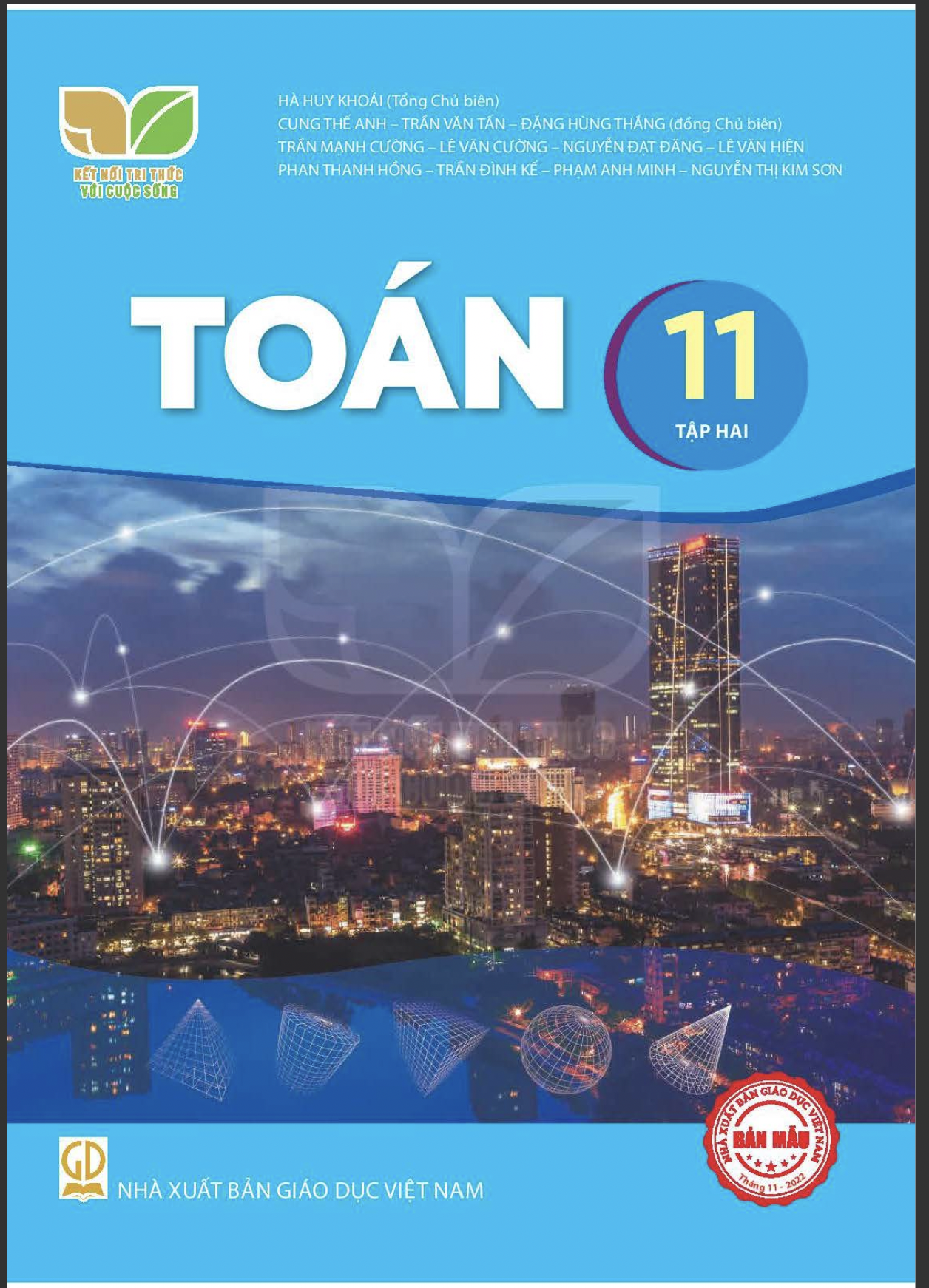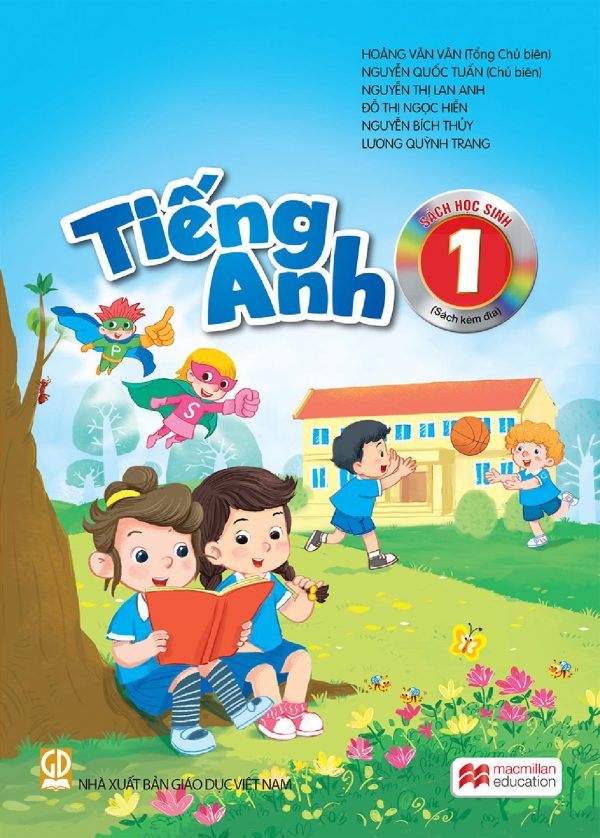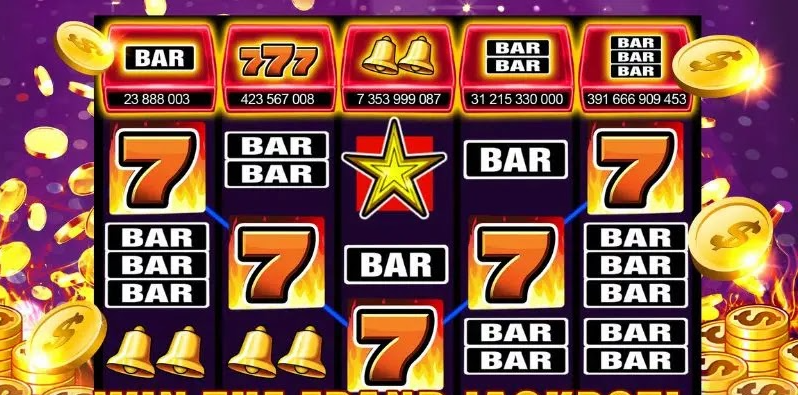Pronunciation
1. Mark the stress on the correct syllables in the words. Then listen and repeat.
| Nepalese musical photography | athletic technology referee | economic biology Japanese | geography physical examinee |
Vocabulary
2. Complete each sentence with the suitable form of the word provided.
1. Technology will probably help to __________ natural disasters. (prediction)
2. __________ monuments are always great attractions for visitors and tourists. (icon)
3. Floods, tsunamis, droughts are examples of __________ disasters. (nature)
4. Scotland is an interesting place to visit with its rich __________. (cultural)
5. The victims of the __________ village were provided with food and medicine. (flood)
6. This river will soon become __________ if the people here keep dumping waste into it. (pollution)
3. Match the definitions with their words.
| Definition | Word |
| 1. a very serious accident which causes a lot of death and destruction 2. a person, plant, or animal which comes from a particular land 3. a substance which makes air, water, soil, etc. dirty 4. what can happen to buildings in an earthquake 5. a place of natural or cultural interest 6. made dirty by adding poison or chemicals | a. an attraction b. pollutant c. a disaster d. contaminated e. collapse f. a native |
Grammar
4. Choose the correct answer A, B, C, or D to complete the sentences.
1. Our city ___________ from different kinds of pollution: water, air and noise.
A. is suffering
B. are suffering
C. suffer
D. had suffered
2. Several tropical storms ___________ our country recently.
A. struck
B. have struck
C. are striking
D. strike
3. The victims on the roofs of the houses ___________ with food and water by the rescue team.
A. provided
B. will be provide
C. were provided
D. had provided
4. If we ___________ soon, the pollution will get much worse.
A. don't act
B. didn't act
C. will not act
D. hadn't acted
5. I learnt from the news on TV that the earthquake ___________ hundreds of houses.
A. destroys
B. were destroyed
C. had destroyed
D. are destroying
6. Look at your weekly schedule. Your presentation on visual pollution ___________ at 9.45. Don't be late please.
A. is starting
B. starts
C. had started
D. has started
5. Use the verbs in brackets in the correct form to complete the conditional sentences.
1. If trees ________ enough water and sunlight, they ________ well. (get/ grow)
2. If today ________ Sunday, we ________ like this. (be/ not have to work)
3. If I ________ a city to visit, I ________ to San Francisco. It's my dream. (can choose/ go)
4. If we ________ soon, we ________ that forest in five years. (not act/ lose)
5. If there ________ no water and air, there ________ no life on earth. (be/ be)
6. If everybody ________ solar energy, there ________ much less pollution. (use/ be)
6. Choose the correct voice to complete the sentences.
1. Food and medical supplies have sent/ have been sent to the victims of the hurricane.
2. Last week, the community organised/ was organised several activities to raise money for the wounded in the earthquake.
3. Great Britain makes up/ is made up of England, Scotland and Wales.
4. Water pollution causes/ is caused mainly by industrial waste and sewage from households.
5. Canberra chose/ was chosen as the capital of Australia in 1908.
6. Urbanisation is happening so fast. Tall buildings have replaced/ have been replaced paddy fields and pastures.
Everyday English
7. Match the sentences in A with replies in B.
| A | B |
| 1. How's your visit to the Grand Canyon? 2. Last Sunday our group spent nearly a whole day cleaning the beach. 3. Have you heard about the fire in the ABC shopping centre? 4. Alaska and Hawaii share no borders with the other states in the USA. 5. Look, Phong. There are two rainbows in the sky. 6. How about organising a Clean Day for our school? | a. Awesome. You are helping to reduce pollution. b. Why so? c. No. I had no idea about that. d. Oh yeah! I can't believe it. e. Thrilling. I've never seen such an amazing place. f. Good idea. How should we start? g. No! Was anybody hurt? |



